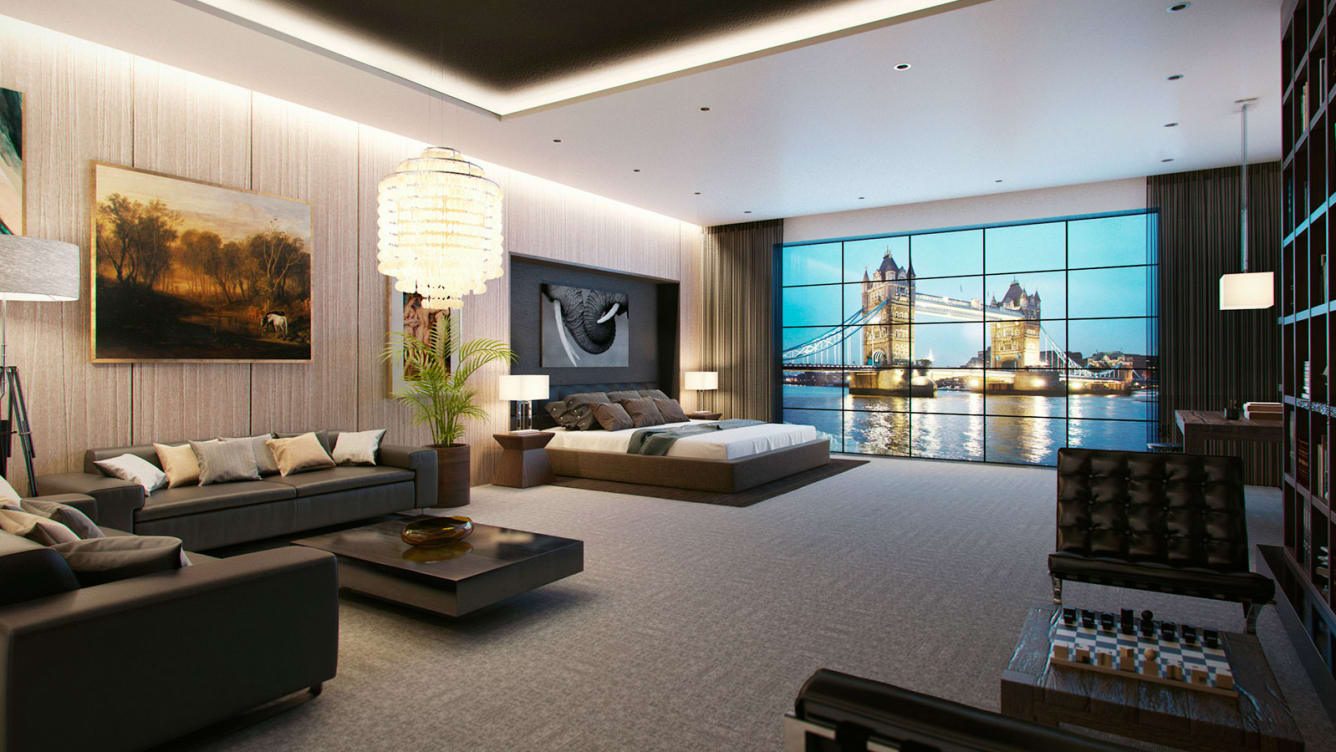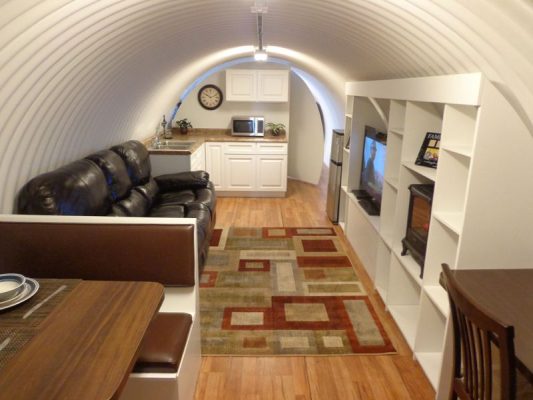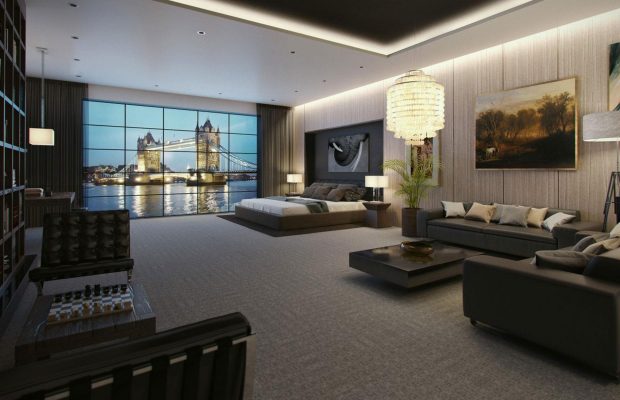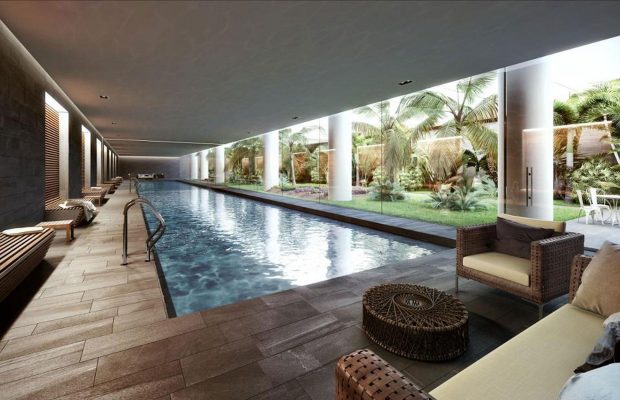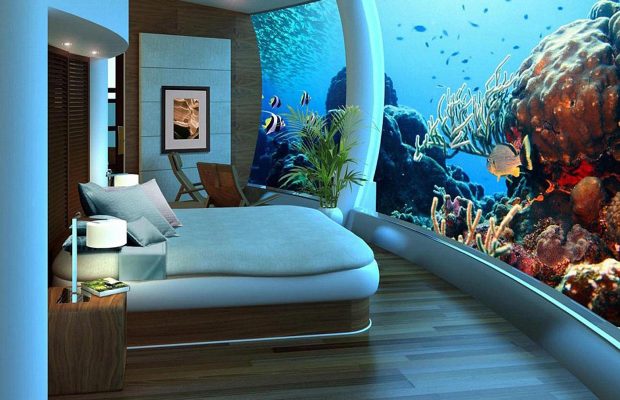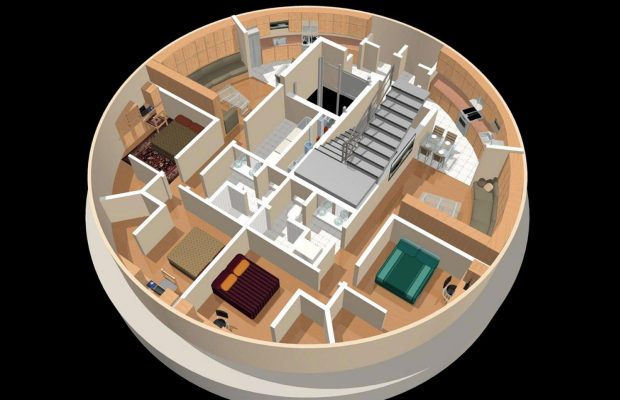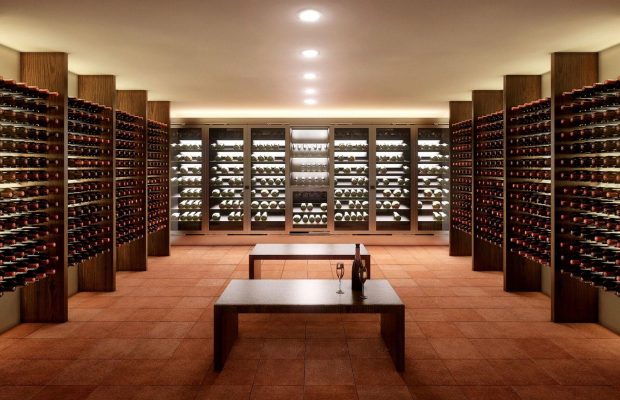Survival Bunkers
Say “doomsday bunker” and most people would imagine a concrete room filled canned food. Also know as Wild fire Bunkers, Safety Bunkers and Survival Shelters. The threat of global annihilation may feel as present as it did during the Cold War, but today’s high-security shelters could not be more different from their 20th-century counterparts. We are meeting a growing demand for structures that protect from any risk, whether it’s a global pandemic, an asteroid, or World War III. Mankind cannot survive long-term in such a Spartan, bleak environment.”
Bunkers
Many of the world’s elite, including hedge fund managers, sports stars and tech executives (Bill Gates is rumoured to have bunkers at all his properties) have chosen to design their own secret shelters to house their families and staff.
Sales for custom high-end underground bunkers have grown substantially over the last few years.
Bunkers are typically are designed to store a minimum of one year’s worth of food per resident and withstand earthquakes. Many have hydroponic gardens to supplement the rations.
Survival Shelters
But while some want to bunker down alone, others prefer to ride out the apocalypse in a community setting that offers an experience a bit closer to the real world.
The fortified structures are designed to withstand a disasters and come equipped with power systems, water purification systems, blast valves, and Nuclear-Biological-Chemical (NBC) air filtration.
Luxury Bunkers
Owners have access to their homes and the facilities at anytime, whether a disaster is imminent or they just want to get away from it all, and the complex features, choose from options that include screening rooms, private pools, games area, bar, library and gyms.
Comparable to underground yachts. “We have all the comforts of home, but also the comforts that you expect when you leave your home,”
“Our clients are sold on the unique advantage of having a luxury second home that also happens to be a nuclear hardened bunker,”
“This aspect allows our clients to invest in an appreciating asset as opposed to an expense.”
“These shelters are long-term, a year or more, It had better be comfortable.”

